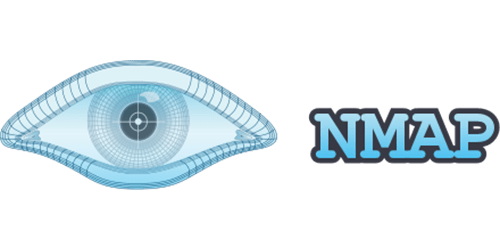How To Install Nmap on Ubuntu 24.04 LTS

In this tutorial, we will show you how to install Nmap on Ubuntu 24.04 LTS. Nmap, short for Network Mapper, is a powerful open-source tool used for network discovery and security auditing. It is widely utilized by network administrators and security professionals to identify devices on a network, discover open ports, and detect vulnerabilities. With the release of Ubuntu 24.04 LTS, users can take advantage of the latest features and improvements in this long-term support version.
This article assumes you have at least basic knowledge of Linux, know how to use the shell, and most importantly, you host your site on your own VPS. The installation is quite simple and assumes you are running in the root account, if not you may need to add ‘sudo‘ to the commands to get root privileges. I will show you the step-by-step installation of the Nmap on Ubuntu 24.04 (Noble Numbat). You can follow the same instructions for Ubuntu 22.04 and any other Debian-based distribution like Linux Mint, Elementary OS, Pop!_OS, and more as well.
Prerequisites
Before installing Nmap on Ubuntu 24.04 LTS, ensure your system meets the following requirements:
- A server running one of the following operating systems: Ubuntu and any other Debian-based distribution like Linux Mint.
- It’s recommended that you use a fresh OS install to prevent any potential issues.
- SSH access to the server (or just open Terminal if you’re on a desktop).
- An active internet connection. You’ll need an internet connection to download the necessary packages and dependencies.
- An Ubuntu 24.04 system with root access or a user with sudo privileges.
Install Nmap on Ubuntu 24.04 LTS
Step 1. Updating the Package Repository.
Before installing any new software, it’s crucial to update your system packages to the latest versions. This ensures compatibility and security.
sudo apt update sudo apt upgrade
The apt update command refreshes the package list, while apt upgrade installing the available updates. This step helps resolve any dependency issues and provides access to the latest security patches and bug fixes.
Step 2. Installing Nmap on Ubuntu 24.04.
- Install Nmap Using APT Package Manager
The easiest and most common method to install Nmap on Ubuntu 24.04 LTS is using the APT (Advanced Package Tool) package manager. APT is a powerful command-line tool that simplifies the process of installing, upgrading, and removing software packages. To install Nmap using APT, follow these steps:
sudo apt install nmap
Once the installation is finished, you can verify the installed version of Nmap by running:
nmap --version
- Install Nmap Using Snap
Snap is a universal package manager developed by Canonical, the company behind Ubuntu. It allows users to install and manage applications across different Linux distributions. If you prefer using Snap, you can install Nmap with the following steps:
sudo apt install snapd
Once Snapd is installed, you can install Nmap using the following command:
sudo snap install nmap
To verify the installation, run:
nmap --version
- Install Nmap from Source
In some cases, you may want to install Nmap from the source code. This method allows you to compile Nmap with specific options and features that may not be available in the pre-compiled packages. To install Nmap from the source, follow these steps:
First, install the necessary build dependencies:
sudo apt install build-essential libpcap-dev libpcre3-dev libssl-dev
Download the Nmap source code from the official website. Replace <version> with the desired version number:
wget https://nmap.org/dist/nmap-7.95.tar.bz2
Extract the downloaded archive:
tar -xvjf nmap-7.95.tar.bz2
Change to the extracted directory:
cd nmap-7.95
Configure the build options:
./configure
Compile the source code:
make
Install Nmap:
sudo make install
Regardless of the installation method you choose, it’s essential to verify that Nmap is correctly installed and operational. To do this, simply run the following command in your terminal:
nmap --version
Step 3. Basic Usage of Nmap.
Now that you have successfully installed Nmap on your Ubuntu 24.04 LTS system, let’s explore some basic usage examples to get you started.
- Scanning a Single Host
To scan a single host, use the following command:
nmap 192.168.1.77
- Scanning Multiple Hosts
To scan multiple hosts simultaneously, you can specify an IP address range:
nmap 192.168.1.0/24
- Port Scanning
Nmap allows you to scan specific ports or a range of ports on a target host. To scan all ports (1-65535) on a host, use:
nmap -p 1-65535 192.168.1.77
- Service Version Detection
To detect the versions of services running on open ports, use the -sV option:
nmap -sV <IP address>
- Operating System Detection
Nmap can also attempt to detect the operating system of the target host. To enable OS detection, use the -O option:
nmap -O <IP address>
Congratulations! You have successfully installed Nmap. Thanks for using this tutorial for installing the Nmap on the Ubuntu 24.04 LTS system. For additional help or useful information, we recommend you check the Nmap website.